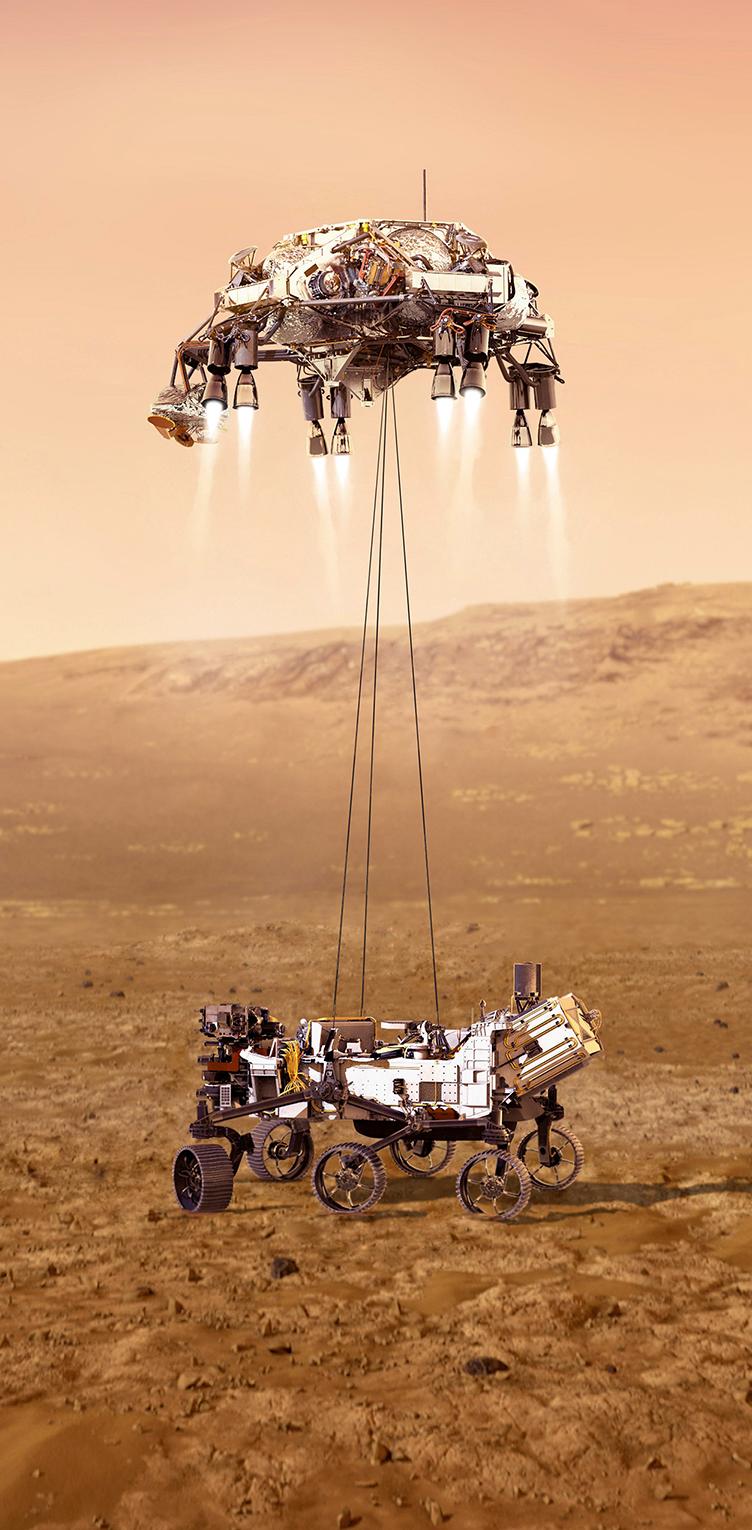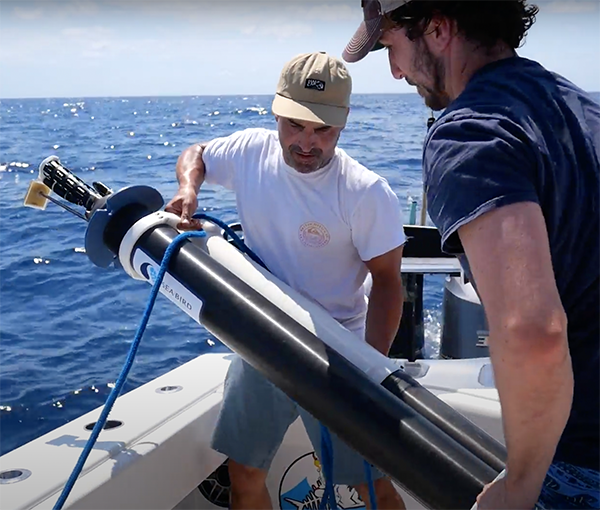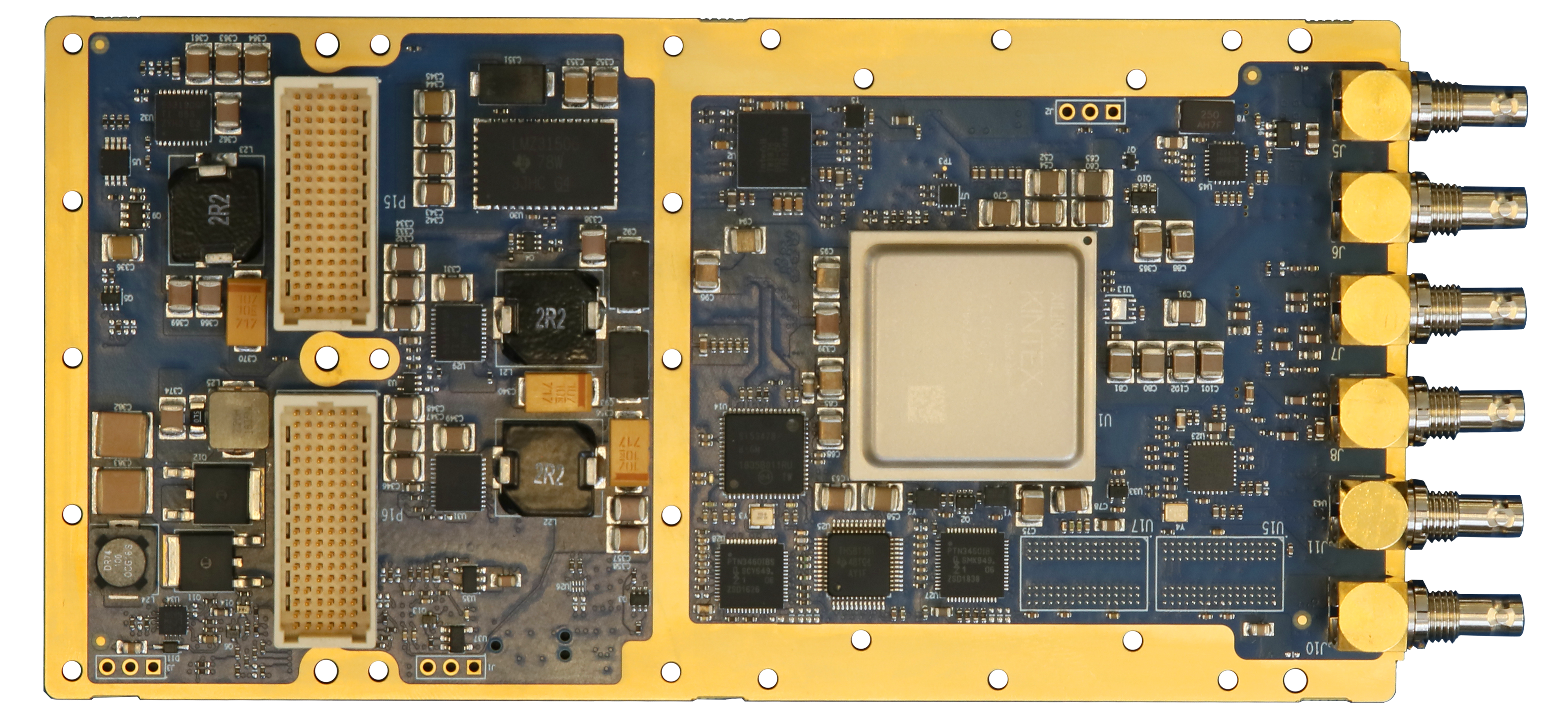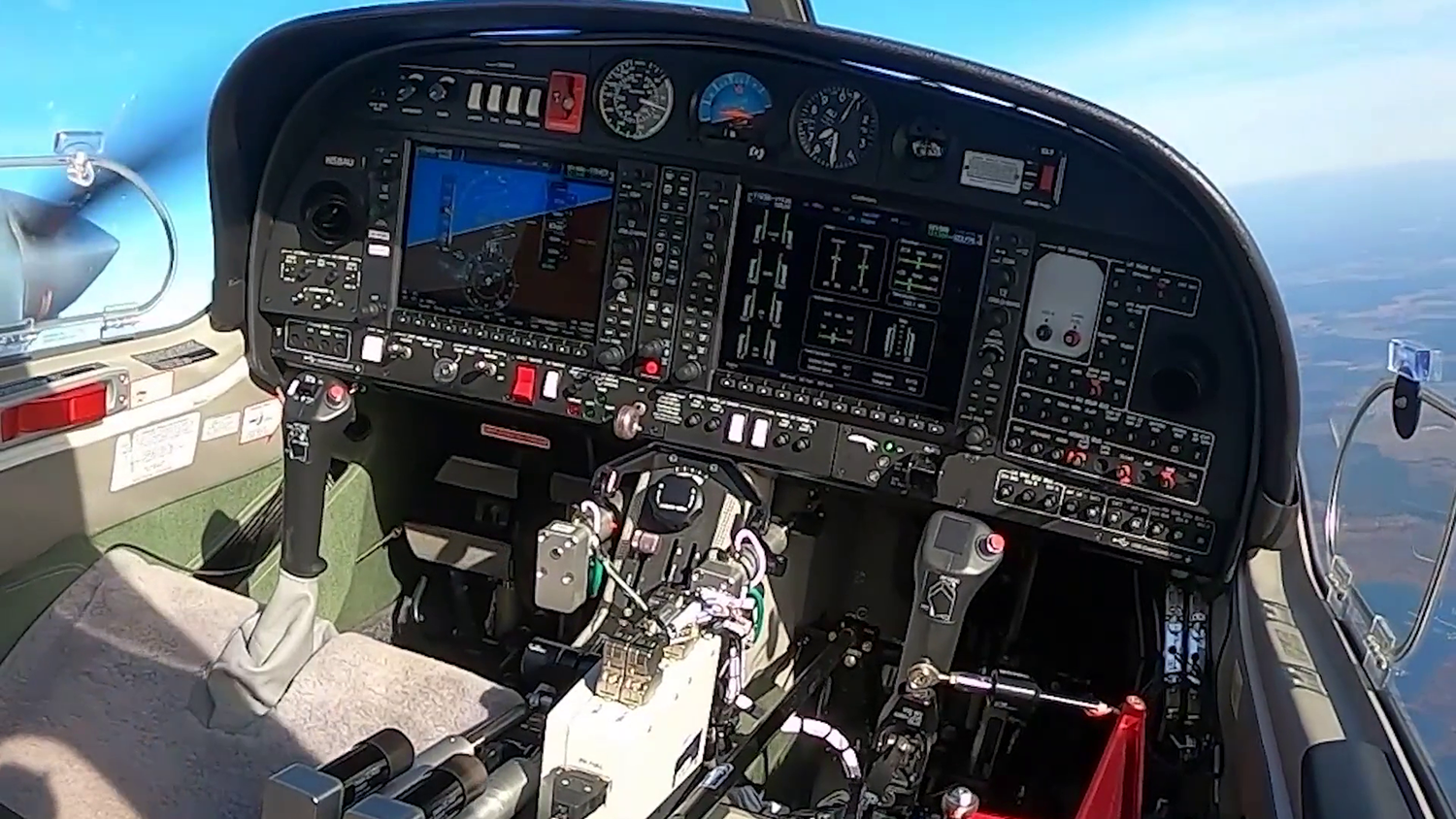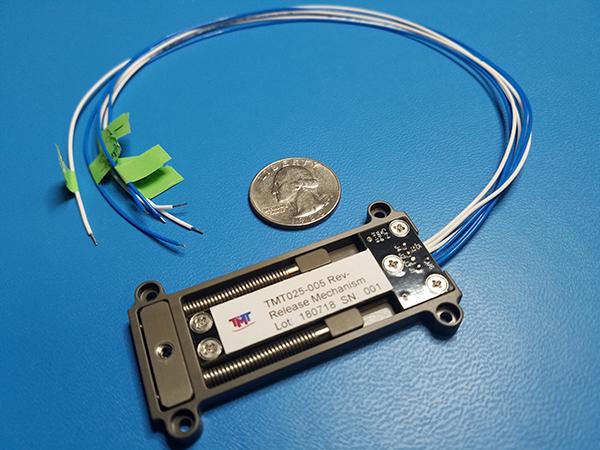Satellite Antenna Systems
New ways to bring space down to Earth is a success story from KVH Industries, Inc. of Middletown, Rhode Island. A partnership between KVH Industries and the Jet Propulsion Laboratory (JPL) is hastening the day of mobile reception of television via satellite on moving vehicles, such as buses and trains. In addition, successful development of a mobile satellite communications antenna may enable persons on the move to have additional access to the information superhighway.
KVH initially contacted the Rhode Island Technology Transfer Center who, in turn, linked KVH with the NASA laboratory. Discussions between JPL and KVH led to an exclusive licensing agreement that permitted the company to convert space agency hi-tech communications gear into consumer products.
"NASA's satellite technology fits in perfectly with our own satellite technology," said KVH president Martin Kits van Heyningen. "Over the years, we have developed a line of satellite-aiming antennas for marine industry. This latest development with NASA will help extend our product line."
KVH is widely known for its electronic digital compass technology. The company manufactures products for recreational and commercial marine markets, and is a major supplier to the U.S. military of digital compass systems for ships and armored vehicles.
NASA had developed an experimental, microprocessor-controlled satellite antenna for motorists to send and receive phone, fax and other telecommunications as part of the Advanced Communications Technology Satellite (ACTS) program. Tests proved that sensors within the unit kept the antenna continually pointed at the ACTS positioned in space. JPL had developed the tracking antenna system for use on ACTS which can handle digital television signals in the Ka-band frequency from a mobile or parked vehicle.
Through the Technology Affiliates Program at JPL, the ACTS antenna system was transferred from experimental testing status to commercial development at KVH.
The ACTS design enables mobile satellite antennas to remain pointed at the satellite, regardless of the motion or vibration of the vehicle on which it is mounted. This design permits a satellite antenna to smoothly lock onto the desired satellite signal, without encountering aiming fluctuations. Changes in aiming are a common drawback in other land-mobile satellite communication antennas.
Successful tests had shown the ACTS antenna ideal for many applications, including:
- one-way transmission of patient data from field paramedics to the base hospital;
- remote medical imaging including x-rays from a moving vehicle to a fixed station;
- satellite communications for on-the-move military applications; and
- transmission of video communications from a satellite news gathering vehicle to a news bureau.
KVH's first product based on the ACTS design is a land-mobile satellite antenna system that will enable direct broadcast satellite (DBS) television aboard moving trucks, recreational vehicles, trains and buses. KVH's DBS system will provide the link for users on the move to watch multi-channel, high resolution satellite television.
The company foresees other products incorporating the ACTS antenna work, for use in broadcasting, emergency medical and military vehicles. KVH sees a market of several thousand units sold annually and further opening new vistas for telecommunications. Marketing the mobile satellite antenna design is expected to enhance the company's position in the worldwide, mobile satellite communications market.
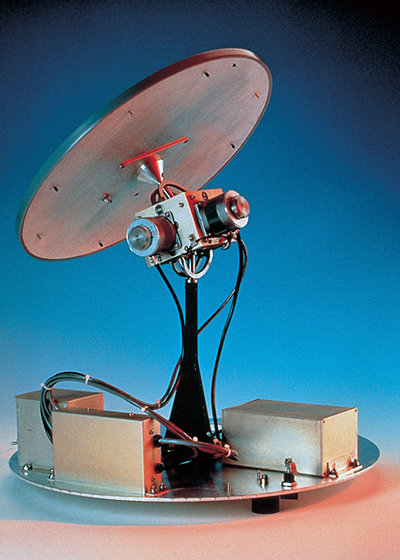
KVH Industries, Inc.'s satellite antenna improves communication on marine or mobile land transportation, such as trucks, buses, and trains.








